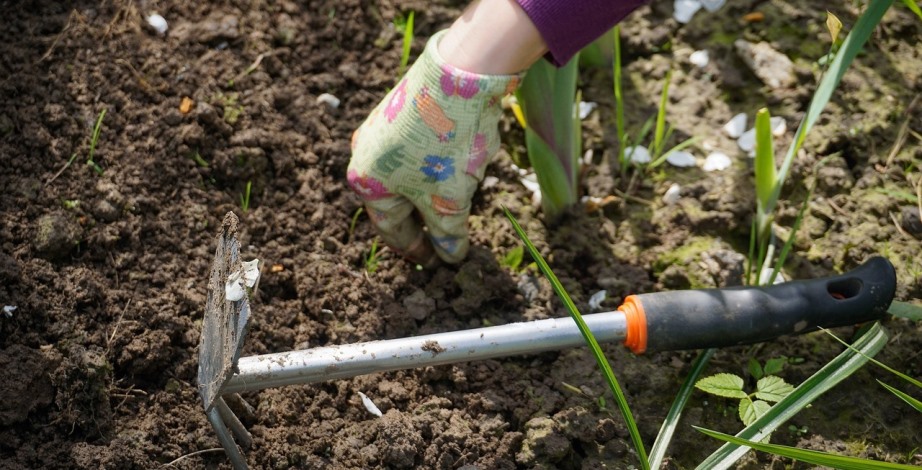
The activity of gardening — officially part of the Horticulture practice — is about growing and cultivating plants in a garden or orchard for their leaves, bark, roots, flowers, seeds, or fruits, typically done for appearance, decorative and esthetic value, for food, and/or for other practical reasons, such as medicinal and cosmetic use.
Gardens are located in either residential or non-residential areas. Residential gardens may be located near or around the home, but also on a roof, on a balcony, in an atrium, in a window box, or on a patio, to give some examples. Non-residential gardens may be found in parks, botanical gardens, in the countryside, nearby transportation tracks, or as part of tourist attractions, and so on.

Apart from utilitarian motivations, gardening is often associated with taking your time, leisure, exercise, relaxation, restorative therapy, and a range of other pleasant characteristics and health benefits.
It indeed combines several types of physical activity and — when done outdoors and in non air-polluted environment— the favorable exposure to nature, fresh air, and sunlight, which together lower blood pressure, improve strength, balance, dexterity, vitality and energy levels, burn excessive calories, and increase Vitamin D production.
One of the beautiful things of the physical aspect of gardening is the wide diversity of activities involved, which is beneficial for a balanced whole-body workout that uses the legs, feet, arms, hands, chest, back, and belly, and so on. Think of the typical gardening activities like digging, carrying, lifting, cutting, sawing, bending, mowing, hammering, raking, pushing, pulling, walking, climbing, squatting, kneeling, and such.
Apart from the physical health benefits, it’s also thought that gardening has a positive effect on one’s emotional and mental health by lowering feelings of stress and anxiety, and boosting creativity, self-esteem, cognitive skills, and joy in life, apart from teaching us due respect for nature.
Gardening can also be an improvement of the quality of our diet when we grow vegetables, herbs, and fruits, and — when done together or in a group — it can enhance social interaction and friendship.
In fact, the moderate intensity activities associated with gardening — notably in open-air and natural surroundings — may reduce the risk of dementia, mental health problems, diabetes, overweight or obesity, cardiovascular disease, and certain forms of cancer. As a whole, and in a more general sense, regular gardening is considered an excellent means to increase longevity.

















